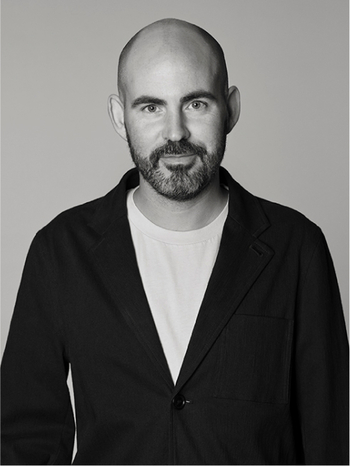Ingvar Skoog
a 'Super 72' easy chair, Swedfurn AB Slätte Möbler, post 1971.
Base in white styrene plastic, loose cushion, height 70 cm, seat height 32 cm, width 72 cm.
Minor wear.
Provenance
Part of the curated collection 'The wild and the vivid 1970s'.
Literature
Siesing, Andreas, Svenska 70-talsmöbler: i plast, stål, furu och manchester 1969-1980, Lindelöws bokförlag, Gothenburg, 2021, p. 134.
More information
During the last years of the 1960s, Swedfurn AB Slätte Möbler expanded its factory premises
with 8,500 square meters. One of the innovations in the machine park was a machine with the capacity to produce 600 frames of expanded
styrene plastic (polystyrene) per day. This gave CEO Ingvar Skoog the opportunity to expand the range with new plastic-based seating. IN
Åke Askensten's article Slätte invests in PLASTEN, published in Möbelvärldens second issue 1970, Skoog justified the investment:
“Plastic belongs to the furniture industry today and especially in the future, and this is one of our steps to face the future. ”
At this time, Swedfurn AB produced Slätte Möbler mainly frames in polyurethane. According to Skoog, this would continue, in particular
for models in smaller series. However, the company's production technical manager Klasse Bergman emphasized the advantages of polystyrene: "The advantages of polystyrene compared to polyurethane include both the raw material price and the possibility of fully automatic production."
The operations in Töreboda employed about 100 people in 1970. For the most part, the furniture was manufactured without subcontractors. Small
armchairs had by this time become something of a specialty for the factory.
In 1971, the Super 72 swivel armchair was launched in the new material for the factory
polystyrene. Super 72 could be obtained with a round plate base, chromed circular
metal foot or four-part lacquered metal foot. A round plastic coffee table with the same name was also offered.
In the article Folkskola och livserfarenhet som grund - now his company doubles its turnover, published in Göteborgs-Posten 22 February 1971,
Ingvar Skoog appeared holding a copy of the Super 72 with a square plastic foot. Skoog told the author of the article, L-O Strömquist, that the idea for the armchair had come to him "during a visit to a safety helmet manufacturer in Småland".
























































